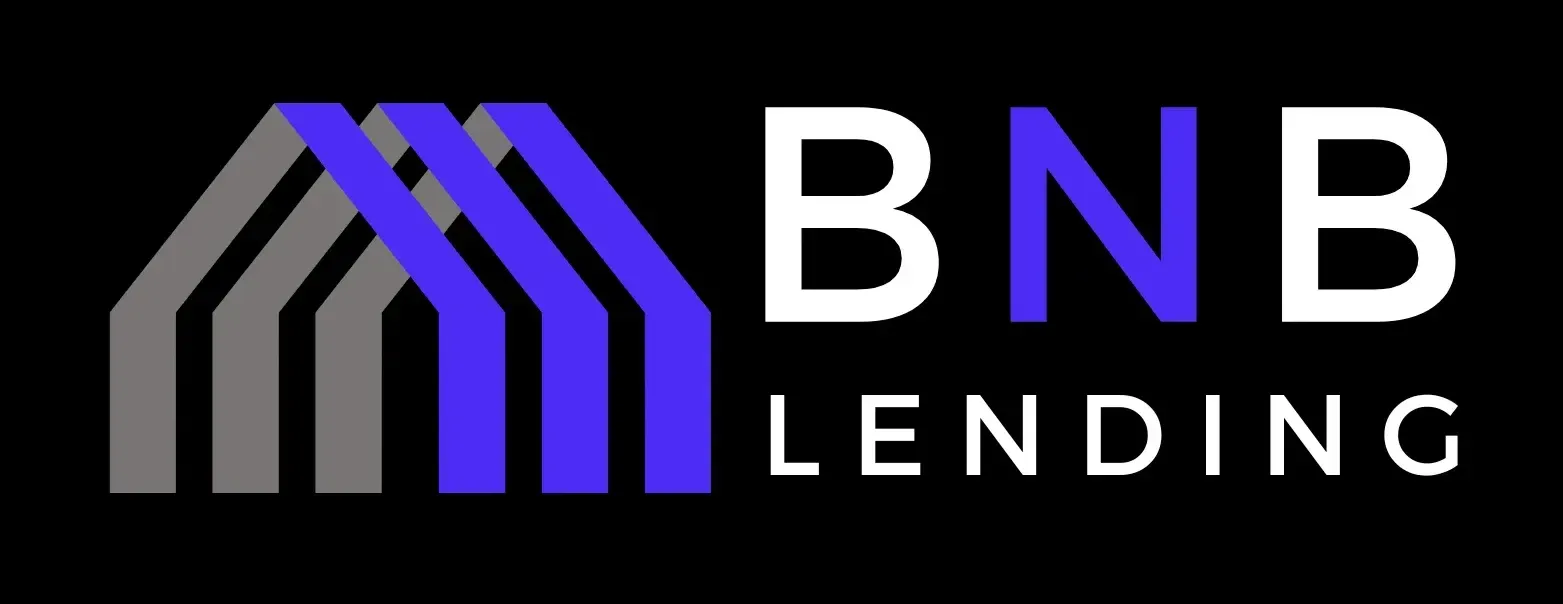
Massachusetts DSCR Loans for STR Financing
Grow Your Portfolio with DSCR Loans
Whether you're acquiring rentals in Boston, STRs in Cape Cod, or multi-units in Worcester, our DSCR loans
provide Massachusetts investors with competitive and flexible financing. Massachusetts DSCR loans rely on property cash flow—not personal tax returns.
How to qualify
To obtain a quote, we will need the following information:
Property Value and
Purchase Price
Down Payment
Amount
Credit Score
Asset Types
- Single Family Homes
- Townhomes
- Condos
- 2 - 4 Units (Duplex, Triplex, Quadplex)
- Multi-Family: 5 - 8 Units
- Mixed-Use: 2 - 8 Units
- Multi-Family: 9+ Unit
Loan Terms
- Loan Sizes:
$100k up to $3.5 Million (Larger loan sizes available on a case by case basis)
- Purchase LTV:
Up to 85%
- Rate & Term Refinance LTV:
Up to 80%
- Cash Out Refinance LTV:
Up to 80%
- Amortization:
30 Year % 40 Year Amortization Options Available
- Term Lengths:
5/6 ARMs, 7/6 ARMs, 10 Year Interest Only, 30 Year Fixed & 40 Year Fixed
- Floor Rate:
5.50% (subject to change daily due to market volatility)
- Full Recourse
with personal guarantee required for all borrowers with majority ownership (typically 20%+ or 25%+ if closing in an Entity)
- DSCR Requirement: 1.00x or greater depending on loan size and property type. Sub-1.00x DSCR and NO DSCR options available.
- Vesting:
Lending to Individuals, LLCs, and Corporations. Trusts Allowable on a Case by Case Basis.
- Average Time to Close:
14 to 35 days
Wondering if you qualify for investment property financing in your area?
Frequently Asked Questions
What is a DSCR loan and how does it work for Massachusetts real estate investors?
A DSCR loan (Debt Service Coverage Ratio loan) is a financing tool that qualifies borrowers based on a property’s rental income instead of personal income, tax returns, or credit score. Lenders assess whether the income from the property is enough to cover loan payments, including taxes and insurance. This approach is ideal for investors looking to scale efficiently without the burden of traditional underwriting. In Massachusetts, where cities like Boston and Worcester and vacation areas like Cape Cod offer a range of high-demand rental markets, DSCR loans make it easier to grow a portfolio without being limited by conventional loan requirements.
How is DSCR calculated in a typical loan scenario?
In Massachusetts, DSCR is calculated by dividing the net operating income (NOI) of a property by its total annual debt obligations. For instance, if a Massachusetts rental brings in $120,000 in NOI and has $100,000 in mortgage, taxes, and insurance, the DSCR would be 1.20. This shows the property is generating more income than it costs to finance. Most Massachusetts lenders require a DSCR of 1.00 or higher, though 1.25+ is often preferred for prime terms—particularly in Boston, Worcester, or Cape Cod. Understanding DSCR helps Massachusetts investors confidently compare rental opportunities and secure the right loan product.
What is considered a good DSCR ratio for Massachusetts investors when applying for financing?
In Massachusetts, a good DSCR ratio typically starts at 1.25 due to the state’s higher real estate costs and tighter lending standards. While a 1.00 ratio may technically meet loan requirements, it’s rarely competitive in markets like Boston, Worcester, or Cambridge. A 1.25 DSCR in Massachusetts shows lenders that your property generates enough income to comfortably cover its loan obligations. Investors operating in Massachusetts benefit from targeting stronger DSCRs to improve loan terms and minimize underwriting barriers. Understanding DSCR thresholds in Massachusetts is critical for funding successful real estate investments in high-cost areas.
Can I qualify for a DSCR loan if my personal income is limited?
Yes, you can qualify for a DSCR loan even if your personal income is limited. DSCR loans, often referred to as Airbnb loans when used for short-term rental properties, are designed to approve borrowers based on the income the property generates—not personal W-2s, tax returns, or debt-to-income ratios. Lenders calculate the property's debt service coverage ratio to determine if the income is sufficient to support the loan. As long as the DSCR meets the required threshold—usually 1.00 or higher—you can often be approved regardless of personal income. This makes Airbnb loans ideal for self-employed investors, business owners, or anyone scaling a rental portfolio without relying on traditional underwriting standards.
How does a lender evaluate rental income when approving a DSCR loan?
Lenders in Massachusetts evaluate rental income for DSCR loans based on the property’s performance—not your employment history or tax returns. In Massachusetts, rental income is typically established through lease agreements, STR earnings, or appraisal rent studies. That income is compared to the loan’s annual debt service to determine the DSCR. If the DSCR is 1.00 or higher, Massachusetts investors can often qualify without personal income verification. DSCR loans in Massachusetts are especially valuable in high-cost markets. Understanding how rental income is evaluated in Massachusetts allows you to qualify based on asset performance and expand your portfolio more freely.
What’s the minimum debt service coverage ratio required for approval?
Lenders in Massachusetts typically require a DSCR of 1.00 to qualify for a DSCR loan. However, some Massachusetts lenders may accept a lower DSCR, down to 0.75, for well-capitalized investors with solid reserves or equity. A DSCR of 1.25 is ideal in Massachusetts due to higher property costs and stricter underwriting, especially in areas like Boston, Cambridge, or Worcester. DSCR loans in Massachusetts favor properties with reliable cash flow and income documentation. Understanding the minimum DSCR required in Massachusetts helps ensure your investment aligns with lender expectations and positions you for more favorable financing outcomes.
Who should consider using a DSCR instead of a traditional loan?
These loans are perfect for self-employed individuals, LLCs, and investors managing multiple properties. DSCR loans in Massachusetts are ideal for investors looking to avoid income verification and qualify based on rental cash flow. In high-demand markets like Boston and Worcester, Massachusetts borrowers gain a competitive edge through faster closings and fewer documentation requirements. Massachusetts real estate investors often prefer this model for portfolio scalability.
Looking to invest beyond Massachusetts? You can access the same streamlined DSCR financing in nearby Northeast markets like New York , Connecticut , Rhode Island , New Hampshire , and Vermont , making it simple to scale your portfolio across New England.
Disclaimer: DSCR loans are specialized real estate financing products and may differ from traditional mortgage loans or non-QM loans. Program terms, rate options, LTV limits, refinance opportunities, and rental property requirements can vary by lender. Some offerings may consider rental income, bank statement documentation, or other alternative guidelines used by DSCR lenders. All details provided here are for general information only and may change as market conditions, capital availability, and mortgage guidelines evolve. Always consult a qualified lender or financial professional before making investment or mortgage decisions.



